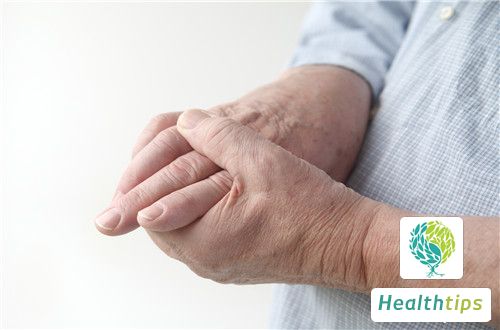Why Do Humans Need to Eat?
To maintain a healthy body for daily work, study, and life, diet is essential. The human body requires sufficient nutrients to maintain a balanced diet, which can enhance the body's resistance. Every day, we consume foods containing fats, proteins, vitamins, carbohydrates, and other nutrients. Eating lean red meat, fish, chicken breast, non-fat dairy products, eggs, nuts, or olive oil daily ensures that the body receives adequate nutrients. So, why do we need to eat? Let's explore further.

Firstly, eating provides the body with nutrients necessary for maintaining life. The essential nutrients for the human body can be categorized into six groups: proteins, carbohydrates, fats, inorganic salts and trace elements, vitamins, and water. Proteins, fats, and carbohydrates produce energy, which is crucial for maintaining life and performing daily tasks. Scientifically speaking, the body constantly consumes energy to maintain its vitality. When the body's digestive organs, such as the stomach and intestines, do not have enough food to convert into energy, they send signals indicating a lack of energy. Therefore, the purpose of eating is to replenish energy for daily consumption.
Secondly, to ensure a balanced diet, it is essential to consume good fats and proteins. This includes eating lean red meat, chicken breast, eggs, seafood, low-fat or non-fat dairy products, nuts, and olive oil in moderation. These foods provide a balanced intake of nutrients.
Lastly, regarding oil consumption, the recommended daily intake for cooking all foods is 25-30 grams per person. For those with hyperlipidemia or hypertension, it is advisable to keep it below 20 grams. This figure is based on the daily fat requirement of the human body, excluding the fat content from other foods consumed. Calculating based on the daily energy intake of 1800-2600 kcal for Chinese adults, the daily fat requirement, within the 30% limit, ranges from 60-85 grams.



















